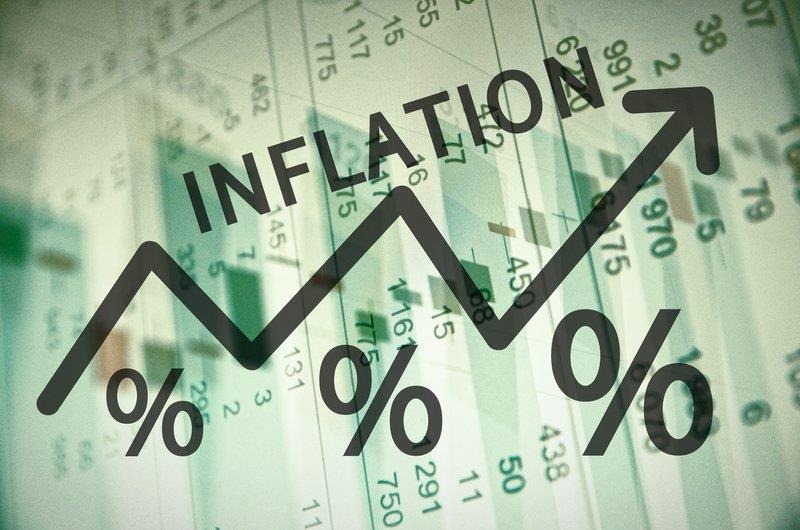The concerns of consumers in the eurozone regarding inflation decreased in February, according to the European Central Bank, bolstering hopes that the rate of price increases will further decline in the coming months.
Today, Eurostat is expected to announce the harmonised inflation for March, and next week, on April 11, the governing council of the ECB is scheduled to meet.
They will take into account the Eurostat data for their next steps regarding interest rates, although at this stage, no surprises with a decrease are expected unless there are dramatic changes.
The ECB’s next planned meetings are on June 6 and July 18, followed by another meeting on September 12, dates during which decisions regarding changes in monetary policy, i.e., interest rate cuts, might be made.
In the expectations analysis published yesterday by the ECB, they anticipate that “median expectations for inflation over the next 12 months decreased to 3.1%, from 3.3%. They are now at the lowest level since the start of Russia’s unwarranted war against Ukraine in February 2022. Developments in perceptions and expectations for inflation remained relatively closely aligned across income groups. Younger respondents (aged 18-34) continued to report lower forecasts and expectations for inflation than older respondents (aged 35-54 and 55-70).”
Consumer estimates for nominal income growth increased to 1.4%, from 1.2% in January.
According to the ECB, “this increase was observed across all age groups. Perceptions of increases in their nominal spending over the past 12 months further decreased for the fourth consecutive month to 6.4%, from 6.6% in January, aligning with developments in perceptions of inflation. This decrease was observed only in respondents aged 35-54 and 55-70.”
Consumers expected their home values to increase by 2.4% over the next 12 months, higher than in January (2.2%).
The net percentage of households reporting tightening (compared to those reporting loosening) in credit access over the past 12 months decreased, as did the net percentage expecting tightening in the next 12 months, reaching levels last observed in early 2022.
However, beyond the positive expectations, Europe’s top banking supervisory authority has warned of challenging times for the banking sector.
Claudia Buch, head of the ECB’s Single Supervisory Mechanism (SSM), recently stated that banks in the region must be prepared for an increase in bankruptcies, geopolitical risks, and disruptions in energy-intensive sectors.
“The ECB’s reference interest rate increase to a record high of 4% to tackle soaring inflation is gradually being incorporated into the economy through the financial system,” with bankruptcies and loan defaults likely to continue increasing for some time, she noted.
“It is simply highly unlikely to have a period of structural changes without an increase in bankruptcies,” she explained. “Europe’s industrial regions will look very different in the future, depending on the availability of renewable energy sources in various countries. We will have more relocations of activities, more sectoral relocations… companies need to adapt,” she predicted. “This is something banks need to take into account.”






